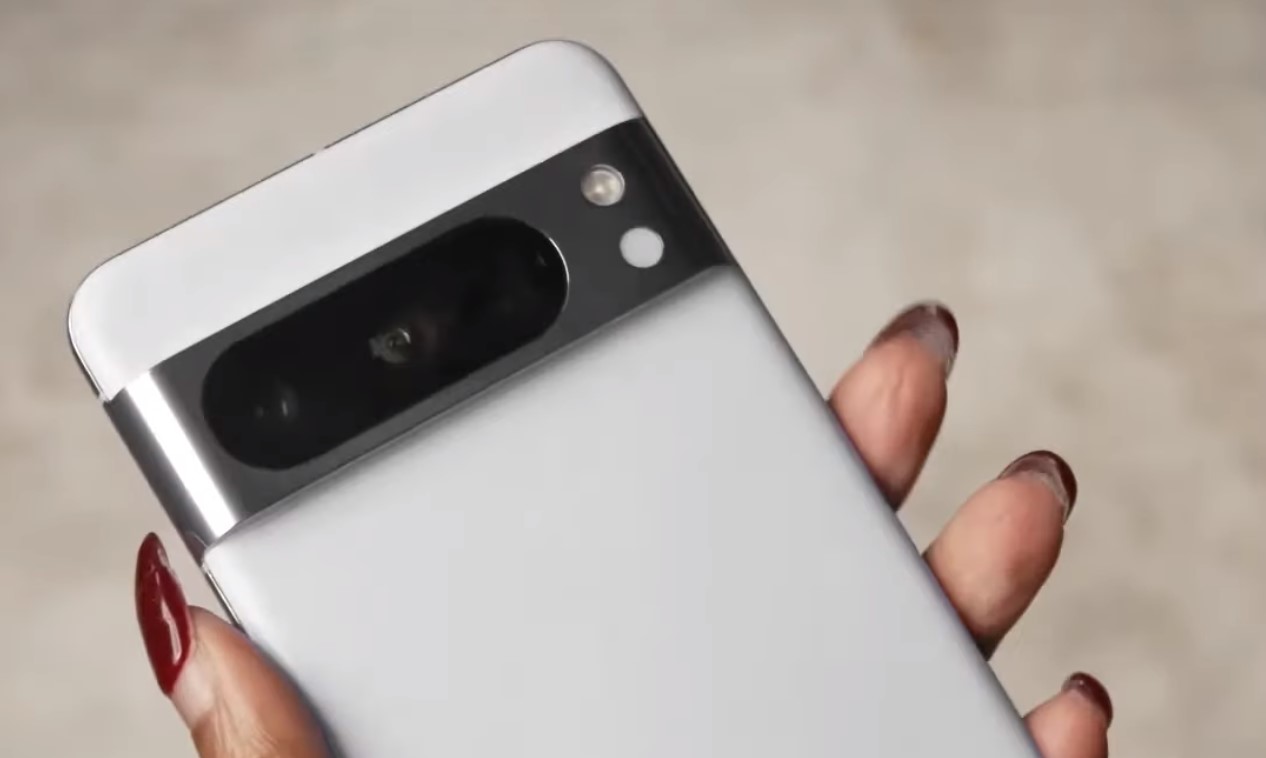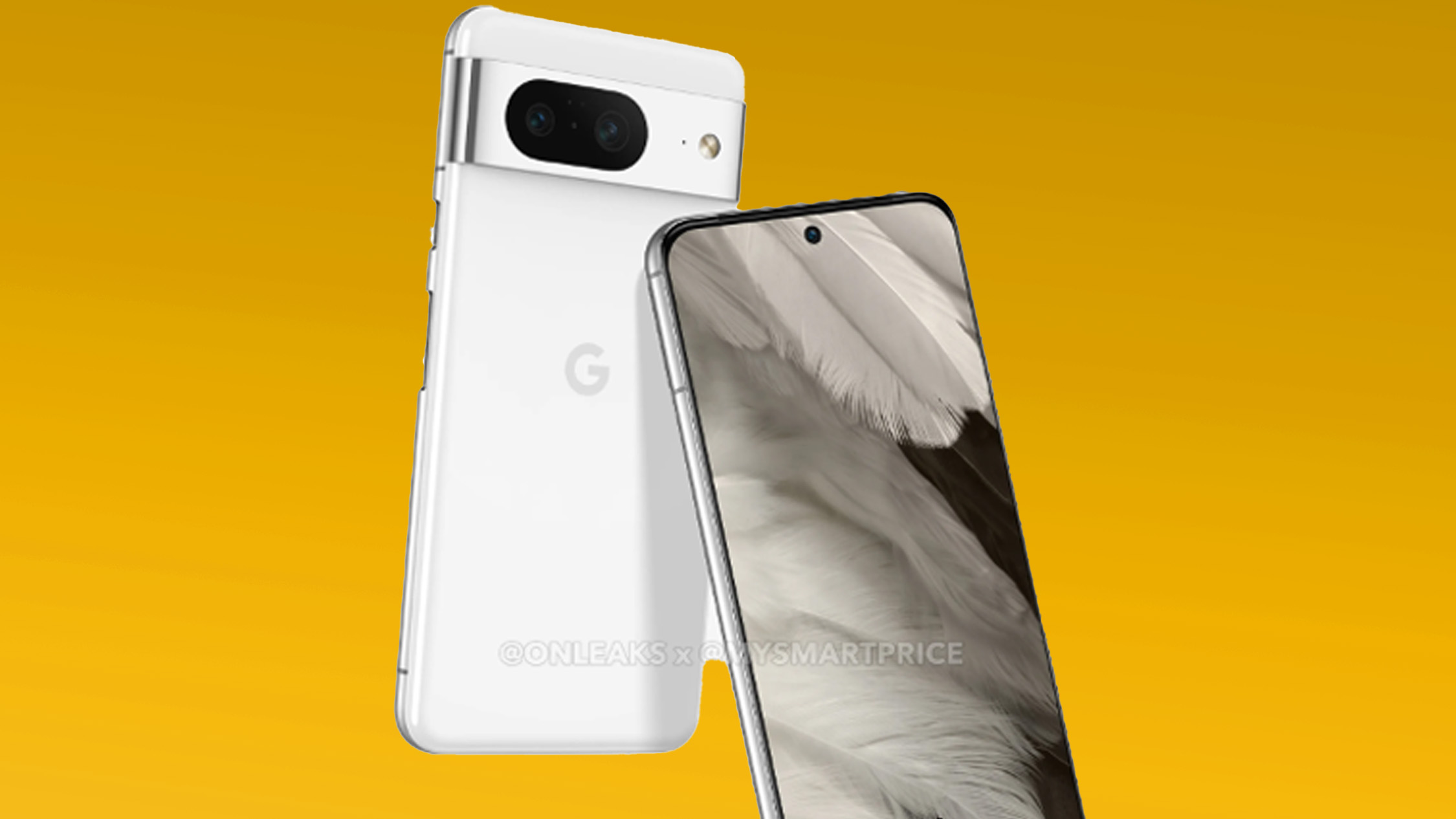
The Google Pixel 8 looks set to stick with the 12W charging speeds of its predecessor, according to official Qi certification.
This certification was spotted by 9to5Google on the Wireless Power Consortium's website in which the Google Pixel 8 is directly listed and will support a maximum of 12 watts of power through the Qi wireless charging standard.
And going by the listing, the Pixel 8 appears like it will use the 1.2.4 version of Qi charging rather than the newer Qi2 standard, which was recently announced. In short, don’t expect the Pixel 8 to charge faster when using Qi-compatible wireless chargers.
Does that mean no wireless charging upgrade at all? Well, that's tricky to say, as Google has its own Pixel Stand, which can charge Pixel phones, as well as the best Android phones and best iPhones, at up to 23 watts for compatible Pixel phones and 15 watts for Qi-certified devices. I frequently use a first-generation Pixel Stand to juice up my iPhone 13 Pro as well as Pixel 7 Pro, and find it works rather well but it's not exactly the most rapid of chargers.
So there’s scope for Google to release a third-generation stand that kicks out more power and can boost the wattage to Pixel phones, just not on the Qi standard.
But going by this bit of official information, there’s a good chance that wireless charging for the Pixel 8 won’t be improved. The rumored Pixel 8 Pro could potentially get a boost in such charging as a way to stand out from its standard sibling, but that’s just speculation on our part.
Google Pixel 8: Business as usual

Overall, it would appear the Pixel 8 lineup will simply build upon the design and features established by the Pixel 6. That’s no bad thing, as the Pixel 6 was an excellent phone, bar a janky fingerprint sensor.
We can expect the camera bar to remain, as well as the overall Pixel design, but improved sensors could be added to it. And the likely addition of a third-generation Tensor chip could see the Pixel 8 deliver improved computational photography, in addition to a range of smart features.
With the rise of Google Bard, expect AI chatbot tech to play a role in the next Pixel phones as well.
As a fan of the Pixel phones, I’m reasonably happy to see Google build on the last two generations of Pixels, which have felt more distinct than previous models. But I do still hope that Google finds ways to experiment and be innovative; sure the Soli radar system in the Pixel 4 was a bit of a swing and a miss, but it was a decent shot of experimental innovation for the Pixel line.







